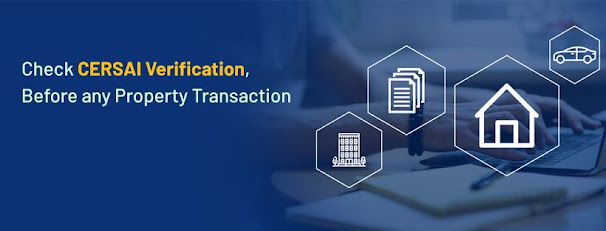What Do You Understand by Home Loan CERSAI Charges?
What is CERSAI & CERSAI Charges?
The Central Registry of Securitisation Asset Reconstruction and Security Interest of India or CERSAI charges is a term referred to in the context of housing loans. CERSAI is a company licensed under Section 8 of Companies Act of 2013 by the Government of India. According to this Act, the Central Government of India and certain public sector banks, including National Housing Banks, constitute 51% shareholding in CERSAI.
CERSAI was formed to analyze and identify any dubious activity, particularly regarding home loans against property or mortgage home loans, i.e. various loans obtained by pledging the same property. The major purpose of the CERSAI establishment was to alleviate and avoid all illegal practices relating to multiple loans against the same property or asset from various lenders.
The Government then began implementing CERSAI charges on home loans to safeguard the interests of the lenders while extending loans against property. It helps lenders to check the details on CERSAI’s official website to know whether a property against which a loan is applied is encumbered by security interest recorded by any other lender.
 |
| CERSAI |
How Much Amount is Levied as CERSAI Charges?
According to CERSAI guidelines, lenders have to record the information about the security interests they create in the CERSAI website within 30 days of creating security interest. As such, the home loan borrower is also insisted by CERSAI on paying a minimal fee called CERSAI charge, which is collected along with the lender’s loan processing fees.
CERSAI levies CERSAI charges for home loans and the borrower is directed to pay a fixed charge of Rs 50 for loans upto Rs 5,00,000/- and Rs 100/- for loans above Rs 5,00,000. This fee is collected towards original filing or modification.

Comments
Post a Comment